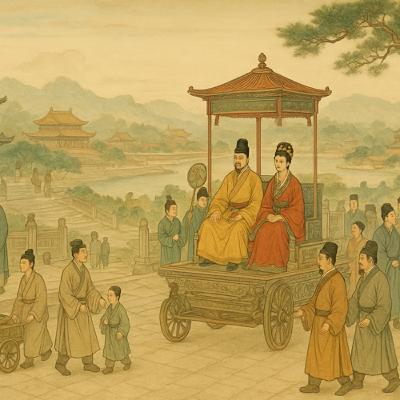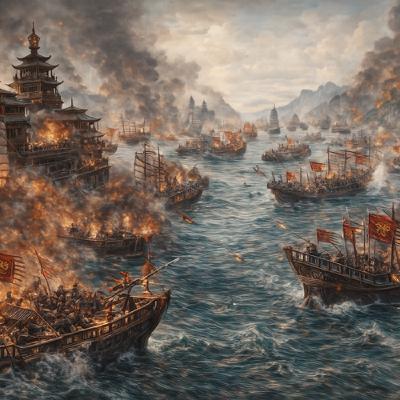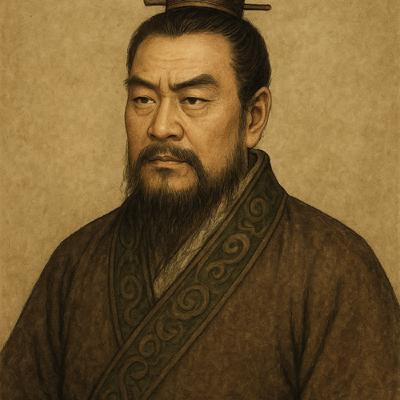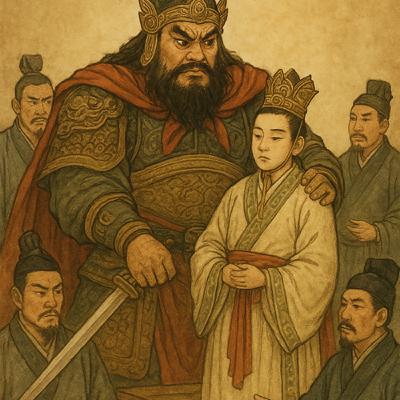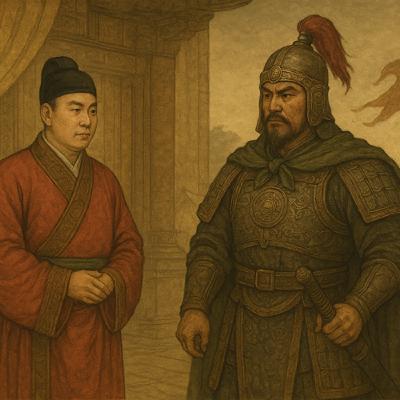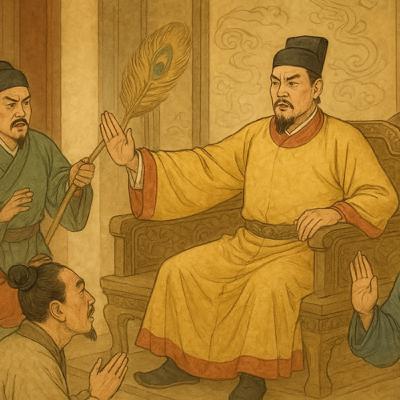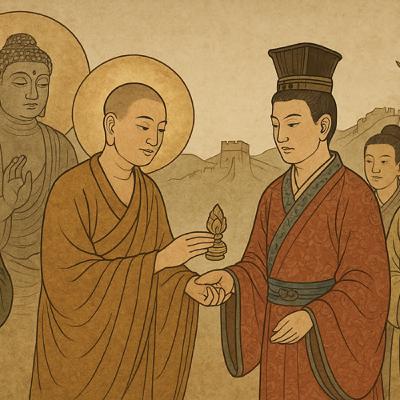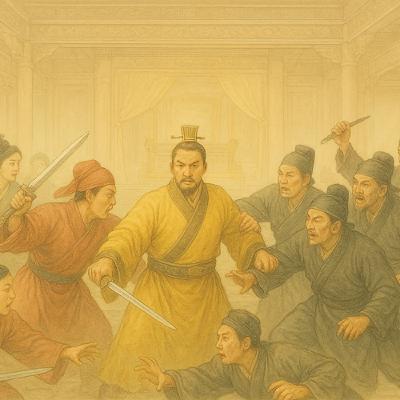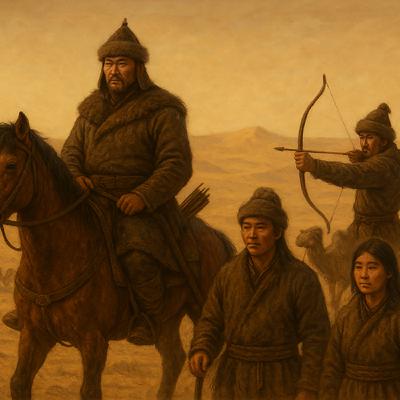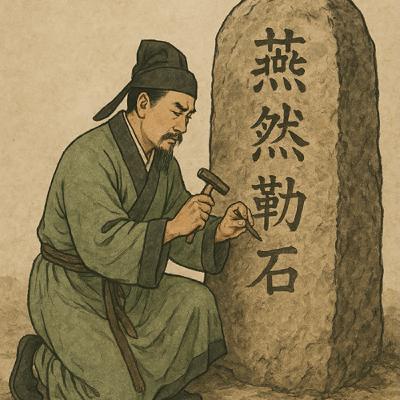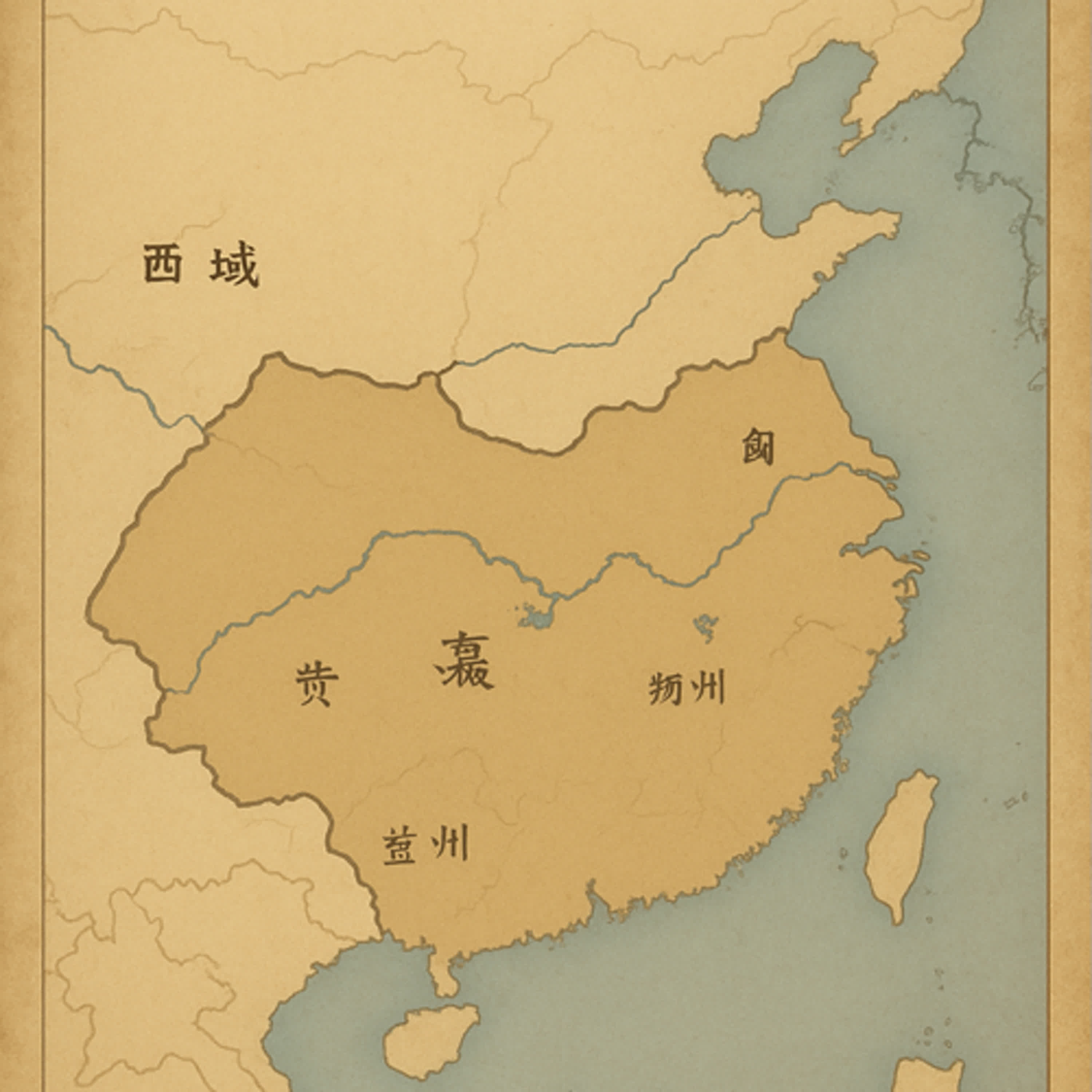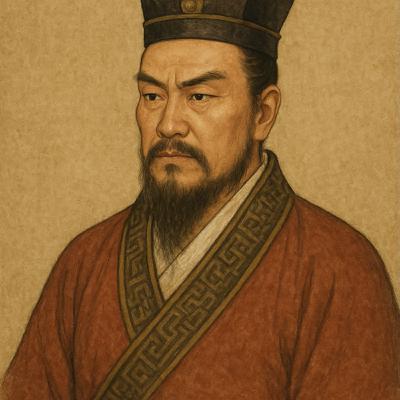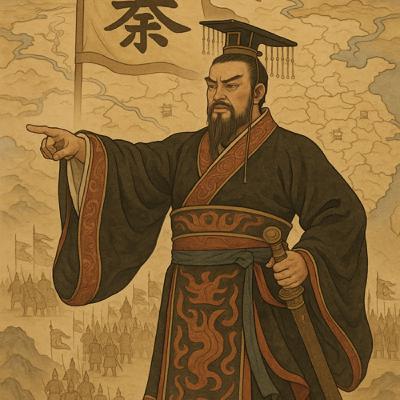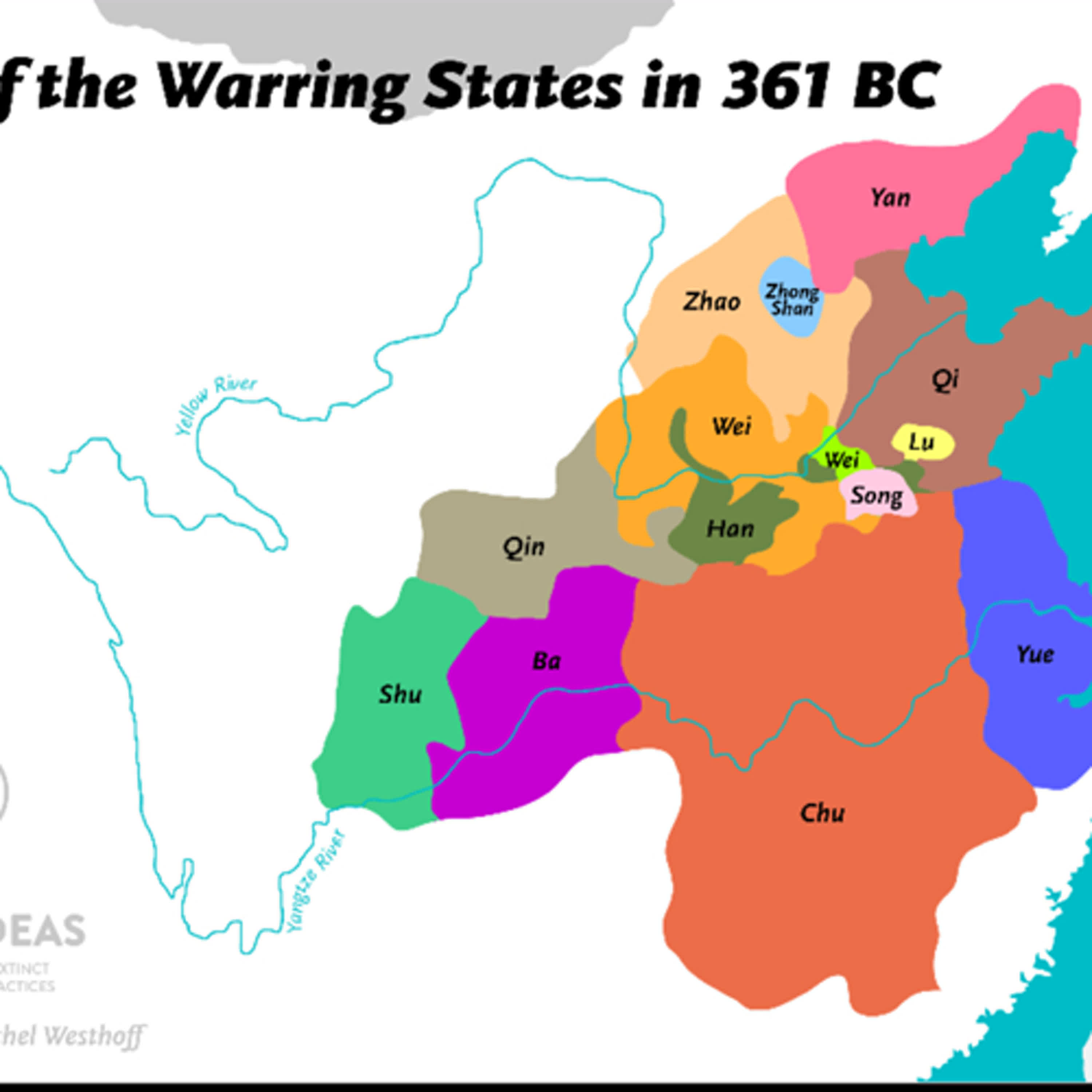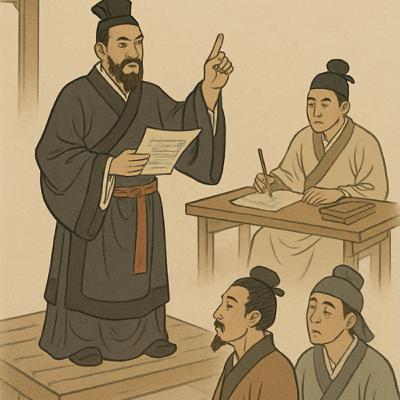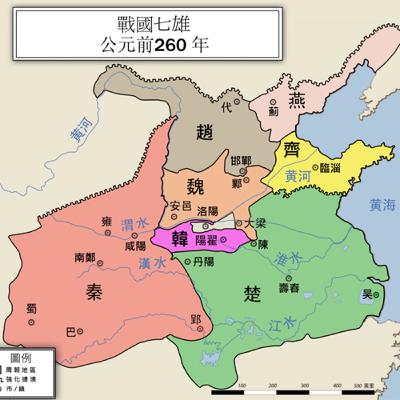From Emperor Liu Xiu reminding the Good Old Days: A Taiwan Case on Social-Political Changes
Description
Summary
This analysis explores the complex relationship between political leadership, media freedom, and educational systems in Taiwan, examining how people's perceptions of "the good old days" influence contemporary political discourse.
Key Arguments
Political Leadership Qualities
Effective political leaders possess three essential characteristics: they demonstrate genuine care and equality toward all people regardless of social status, they understand and work with natural societal trends rather than forcing change, and they remind citizens of better times while promising future prosperity. This approach represents a sophisticated political strategy that resonates with voters seeking stability and hope.
Media Landscape and Information Challenges
Taiwan's current media environment features approximately 30-40 television companies with nearly 200 channels, creating an oversaturated information landscape. This abundance of media sources, while representing increased freedom of speech and democratic progress since the end of martial law, has made it increasingly difficult for citizens to distinguish between factual reporting and opinion commentary. The proliferation of channels has paradoxically complicated rather than simplified access to reliable information.
Educational System Evolution
The liberation of education has brought both benefits and challenges. While the previous system under authoritarian rule used government-written textbooks and centralized curriculum, the current system allows schools to choose from multiple publishers and approaches. However, this freedom has created inconsistencies across institutions, making student transitions between schools more difficult and raising questions about educational quality and standardization.
The Psychology of Nostalgia
Human beings naturally tend to romanticize the past as a psychological protection mechanism. This tendency to remember positive aspects while forgetting difficulties serves as a survival strategy, but it can also distort political judgment. Just as people eventually outgrow fairy tales while still appreciating them from a different perspective, society must learn to evaluate historical periods objectively rather than through the lens of nostalgia.
Conclusion
The analysis suggests that while Taiwan has made significant democratic progress since the end of martial law, the complexity of modern democratic institutions creates new challenges. The key is developing the wisdom to appreciate progress while acknowledging that both past and present systems have their respective strengths and limitations. Understanding these dynamics is crucial for making informed political and social decisions in contemporary Taiwan.
# Rosy retrospection bias# Cognitive bias nostalgia# Defense mechanisms psychology# Collective memory bias# Psychological coping mechanisms# Memory distortion politics
Join as a free member to stay updated with the latest information: https://open.firstory.me/join/ckeiik73n1k6i08391xamn9ho
Make a small donation to support this program: https://open.firstory.me/user/ckeiik73n1k6i08391xamn9ho
Leave a comment to tell me your thoughts on this episode: https://open.firstory.me/user/ckeiik73n1k6i08391xamn9ho/comments
Powered by Firstory Hosting

